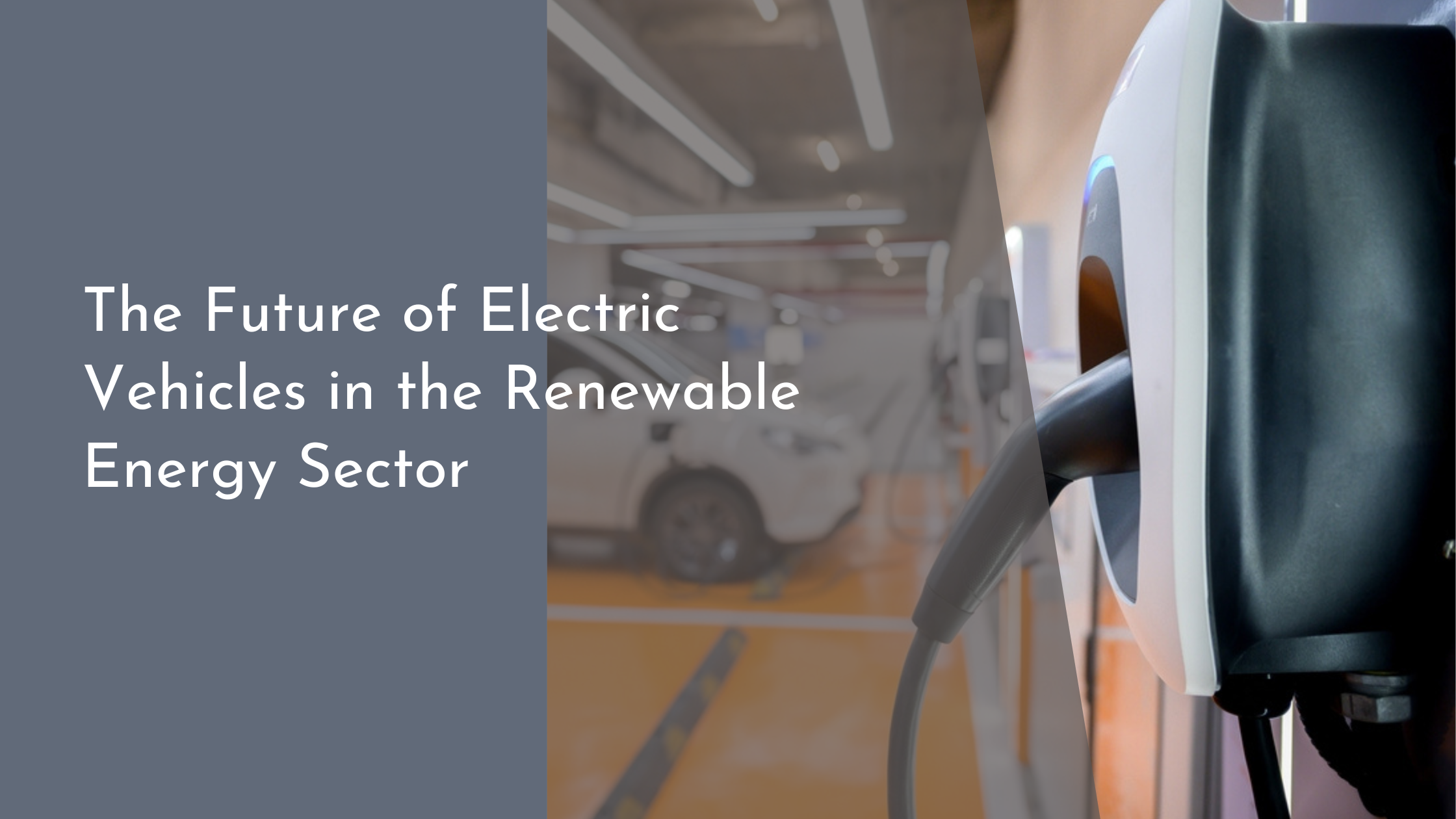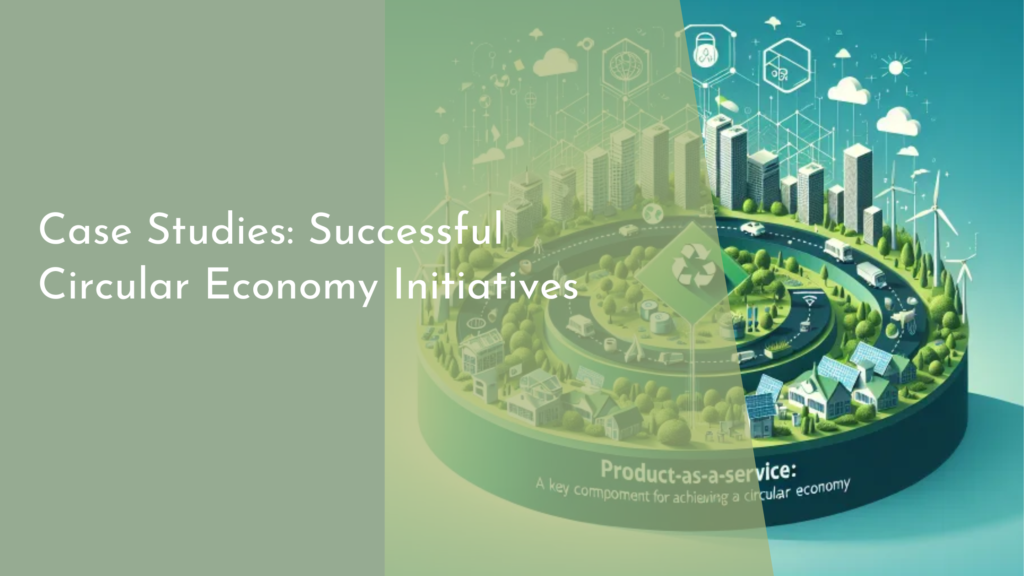The Future of Electric Vehicles in the Renewable Energy Sector
The electric vehicle (EV) revolution is accelerating at an unprecedented pace, significantly transforming the landscape of the renewable energy sector. As concerns over climate change intensify, EVs are emerging as a critical component in the transition towards sustainable transportation. This article explores the key factors driving the adoption of electric vehicles, their role in reducing carbon footprints, the synergy between renewable energy and EVs, and the bright prospects for a sustainable future.
Technological Advances Driving EV Adoption
Recent technological breakthroughs have played a pivotal role in making electric vehicles more accessible and appealing to the general public. Battery technology, for instance, has seen remarkable advancements, with lithium-ion batteries becoming more efficient, affordable, and capable of offering extended ranges. These improvements have alleviated one of the primary consumer concerns—range anxiety—thereby boosting consumer confidence and fostering broader adoption of EVs.
In addition to battery innovations, advancements in autonomous driving technologies and smart charging infrastructure are also fueling the growth of electric vehicles. Automated and intelligent driving systems are not only enhancing the safety and convenience of EVs but also ushering in a new era of mobility solutions. Meanwhile, the development of fast-charging networks and wireless charging capabilities is making EV ownership more practical and seamless, further accelerating their integration into everyday life.
The Role of EVs in Reducing Carbon Footprint
Electric vehicles are a cornerstone in the mission to reduce global carbon emissions and combat climate change. By replacing traditional internal combustion engine vehicles with electric alternatives, we can significantly cut down the amount of greenhouse gases released into the atmosphere. EVs produce zero tailpipe emissions, which not only helps to improve air quality in urban areas but also contributes to a substantial reduction in overall carbon footprints when combined with renewable energy sources.
The shift from fossil-fuel-powered vehicles to electric ones also represents a transformative change in energy consumption patterns. EVs provide an opportunity to integrate renewable energy sources, such as solar and wind power, into the transportation sector. This not only helps to further decrease carbon emissions but also paves the way for a cleaner, greener future, aligning with global efforts to meet climate goals and sustainable development targets.
Synergy Between Renewable Energy and EVs
The relationship between electric vehicles and renewable energy is symbiotic, offering significant benefits for both sectors. EVs can act as energy storage solutions, absorbing excess renewable energy generated during periods of low demand and releasing it back into the grid when needed. This integration helps stabilize the grid, making renewable energy more reliable and reducing the need for fossil fuel-based energy sources.
Moreover, the widespread adoption of electric vehicles can stimulate demand for renewable energy, encouraging further investment and development in this sector. As more EVs hit the roads, the need for sustainable energy sources to power them grows, creating a positive feedback loop that supports the expansion of renewable energy infrastructure. This synergy not only accelerates the transition to a low-carbon economy but also ensures a more resilient and sustainable energy future.
Bright Prospects for a Sustainable Future
The future of electric vehicles within the renewable energy sector is indeed promising, with numerous countries setting ambitious targets for EV adoption and renewable energy integration. Governments worldwide are implementing policies and incentives to encourage the production and purchase of electric vehicles, while simultaneously investing in renewable energy projects to create a supportive ecosystem for sustainable transportation.
Looking ahead, the continued collaboration between industry stakeholders, policymakers, and consumers is essential for achieving a sustainable future. As technological innovations continue to unfold and environmental awareness intensifies, the electric vehicle market is poised to expand significantly. This growth will not only reduce dependency on fossil fuels but also contribute to creating healthier, more sustainable communities for generations to come.
As we stand on the brink of a transportation revolution, the future of electric vehicles in the renewable energy sector looks brighter than ever. By harnessing technological advancements and leveraging the synergy between EVs and renewable energy, we have the potential to significantly reduce our carbon footprint and pave the way for a more sustainable world. With the continued commitment of governments, industries, and individuals, we can drive forward into a cleaner, greener future where electric vehicles and renewable energy sources work hand in hand to address the pressing challenges of climate change.


